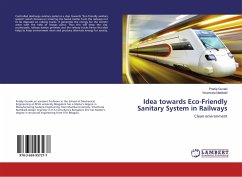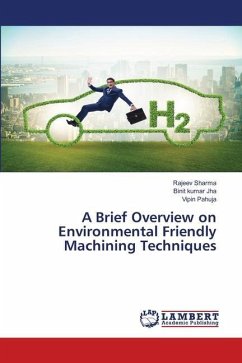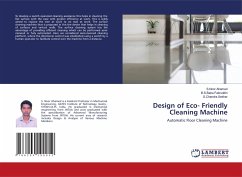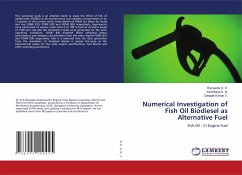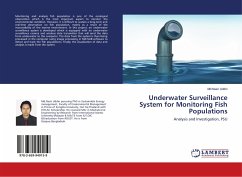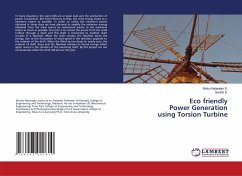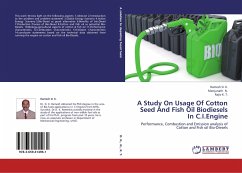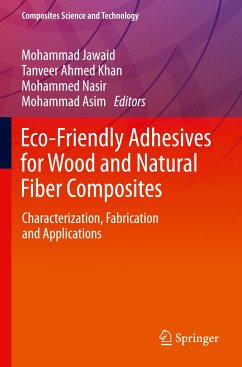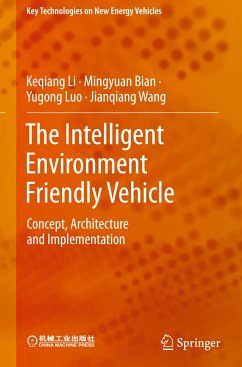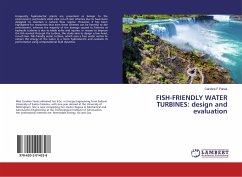
FISH-FRIENDLY WATER TURBINES: design and evaluation
Versandkostenfrei!
Versandfertig in 6-10 Tagen
24,99 €
inkl. MwSt.

PAYBACK Punkte
12 °P sammeln!
Frequently hydroelectric plants are presented as benign to the environment, particularly small scale run-of-river schemes due to have been designed to maintain a natural flow regime. However, it has been highlighted for researches that even these schemes can be harmful to the environment, whereas the majority of the damage caused to fisheries at hydraulic turbines is due to blade strike and injuries. In reason to improve the fish survival through the turbine, this study aims to design a low head, run-of-river, fish-friendly water turbine, which uses a free water vortex to extract the energy of...
Frequently hydroelectric plants are presented as benign to the environment, particularly small scale run-of-river schemes due to have been designed to maintain a natural flow regime. However, it has been highlighted for researches that even these schemes can be harmful to the environment, whereas the majority of the damage caused to fisheries at hydraulic turbines is due to blade strike and injuries. In reason to improve the fish survival through the turbine, this study aims to design a low head, run-of-river, fish-friendly water turbine, which uses a free water vortex to extract the energy of the water in a micro hydroelectric and evaluate its performance using computational fluid dynamics.



